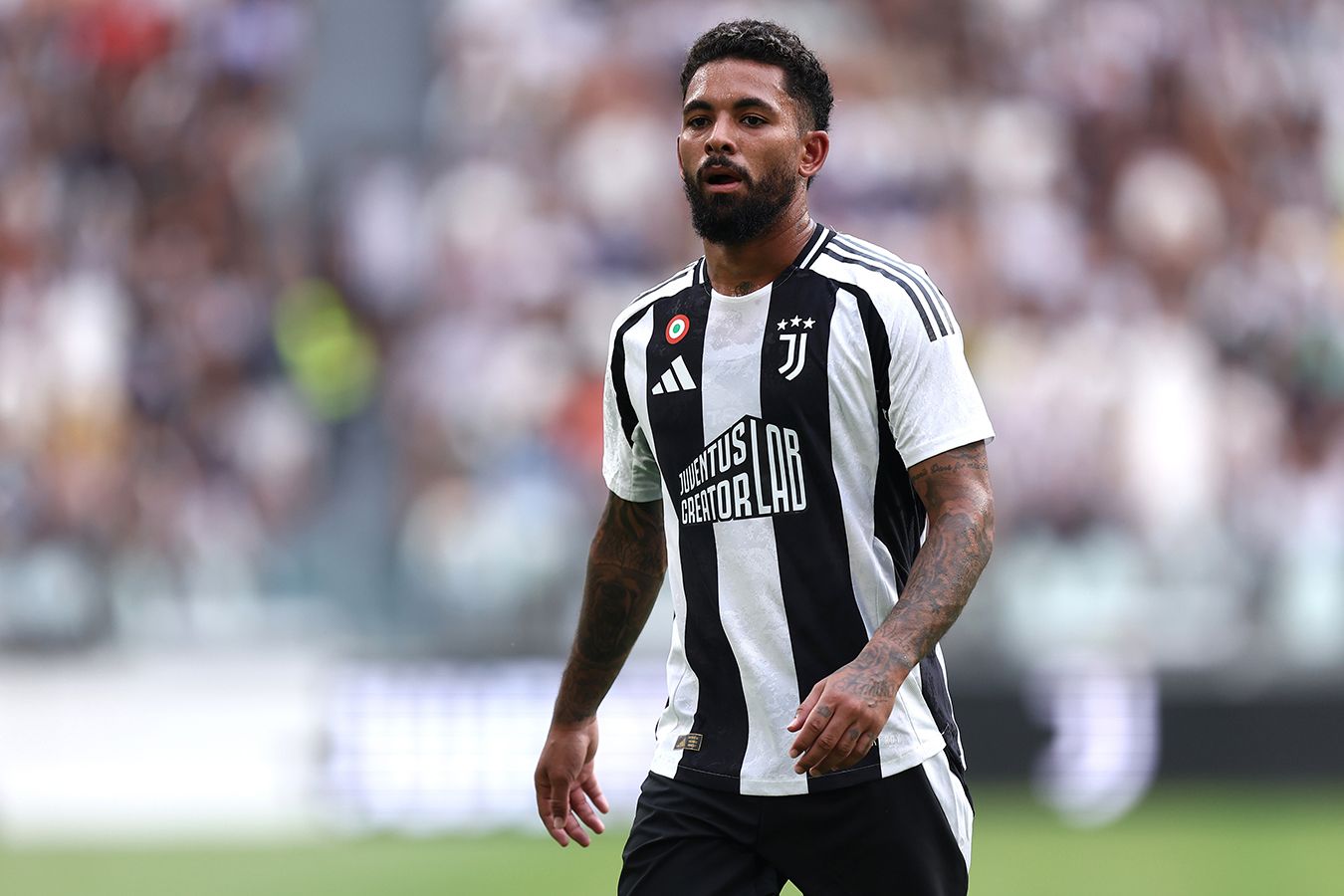Balzarini, speaking on his YouTube channel, expressed his dismay at the situation, highlighting a perceived double standard. He pointed out that despite Douglas Luiz`s relatively limited appearances on the field this past season—a situation he curiously referred to as being surrounded by a «mystery»—the player has consistently received his substantial monthly salary from the club. «Douglas Luiz has been handsomely paid every month by Juventus,» Balzarini asserted, underscoring the financial commitment the club has upheld. This financial consistency, in his view, implies a reciprocal expectation of professionalism and commitment from the player.
The core of Balzarini`s critique lies in the principle of accountability. He firmly believes that such a blatant disregard for team obligations, particularly for a player who has been amply compensated, is simply unacceptable. «This behavior is not acceptable or justifiable, especially towards his teammates,» Balzarini stated, emphasizing the ripple effect such actions can have on team morale and internal dynamics. In a sport where camaraderie and collective effort are paramount, a player`s failure to report can undermine the very fabric of the squad.
The Unspoken Contract: Beyond the Paycheck
This incident transcends the individual case of Douglas Luiz. It prompts a broader discussion about the unwritten codes of conduct that govern the relationship between professional athletes and their clubs. While formal contracts detail financial terms and playing obligations, an implicit agreement exists: players are expected to maintain peak physical condition, adhere to team schedules, and demonstrate dedication, regardless of their immediate playing status. The high salaries commanded by top-tier footballers come with an inherent responsibility to uphold these standards, fostering an environment of discipline and mutual respect.
For Juventus, this situation presents a critical juncture. Balzarini insists that the club must «assert itself,» suggesting that a firm stance is necessary not only to address Douglas Luiz`s actions but also to set a precedent for other players. Allowing such behavior to go unpunished could inadvertently signal a lax attitude towards professionalism, potentially eroding the club`s authority and internal discipline. A strong response would reinforce the message that no player, regardless of their market value or «mysterious» circumstances, is above the fundamental obligations of their profession.
The Shadow of the «Mystery»
Intriguingly, Balzarini`s repeated mention of a «mystery» surrounding Douglas Luiz`s playing time adds another layer to the narrative. While he doesn`t elaborate, this veiled reference implies a deeper, possibly undisclosed reason for the player`s sporadic appearances. Could this current absence be a manifestation of underlying issues, or simply an isolated act of defiance? Whatever the root cause, the public nature of this no-show transforms a private club matter into a very public test of character and institutional strength.
Ultimately, the situation with Douglas Luiz is a potent reminder that professional football is a business built on performance, but sustained by professionalism. Clubs invest heavily in their players, and in return, they expect not only skill but also unwavering commitment and adherence to team principles. As Juventus navigates this challenge, their actions will send a clear message about the value they place on accountability, impacting not just one player, but the entire ethos of their prestigious institution.

